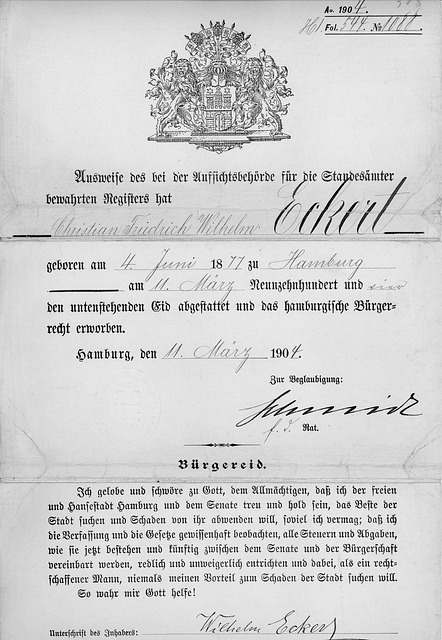In the UK legal system, foreign language documents must be translated into English with the same authenticity as their original form for court proceedings. This necessitates the use of notarised translation services UK, which provide precise and complete translations vetted by both a professional translator and a notary public to ensure the translated content accurately reflects the original. The notary verifies the translator's qualifications along with the translation, ensuring it adheres to UK legal standards and carries the same weight as the original document. Engaging translators accredited by bodies like the Chartered Institute of Linguists or the Institute of Translation and Interpreting (ITI) is crucial for maintaining the integrity and authenticity of legal translations. Given the importance of accuracy and adherence to procedural rules, it's advisable to utilize these services well in advance of any court dates or official submissions to avoid delays. Notarised translation services UK are indispensable for anyone presenting foreign language evidence that requires legal recognition within the UK's jurisdiction.
When legal matters span languages, accuracy and authenticity become paramount. In the UK’s court system, documents must be presented in English, making certified notarised translations essential for legal submissions. This article delves into the critical role of notarised translation services UK, elucidating the necessity, process, and key considerations for navigating this legal requirement. Understanding the nuances of certified translations ensures that your international documents are recognized and respected within the UK’s judicial framework.
- Understanding the Necessity of Certified Notarised Translation Services UK for Court Submissions
- The Process and Importance of Obtaining a Certified Notarised Translation
- Key Considerations When Using Notarised Translation Services in the UK Legal System
Understanding the Necessity of Certified Notarised Translation Services UK for Court Submissions

When engaging in legal proceedings within the UK, documents that are foreign language texts require a level of authenticity equivalent to their original English counterparts. This is where notarised translation services UK become indispensable. Courts in the UK demand meticulous verification of translations to ensure that the information provided is accurate and complete, with no alterations or omissions that could sway legal outcomes. A certified notarised translation serves as a guarantee that the translated content reflects the precise meaning and context of the original document, adhering to the high standards required by judicial institutions. The process involves a qualified translator who translates the text, followed by a notary public who certifies the accuracy and authenticity of both the translation and the translator’s qualifications. This dual certification is pivotal in legal settings, as it assures courts and other relevant authorities that the translated documents are a true and faithful representation of the source material, thus maintaining the integrity of the legal process. Engaging with notarised translation services UK is not just a formality; it is a critical step for anyone who needs to present foreign language evidence in court.
The Process and Importance of Obtaining a Certified Notarised Translation

When engaging with the legal system in the UK, documents that are authored in a foreign language must undergo a meticulous process to be understood by all parties involved. This is where notarised translation services UK play a pivotal role. A certified notarised translation is an official version of a document translated into English by a professional translator who is authorised and accredited to deliver this service. The process begins with the translator carefully converting the text from its original language into English, ensuring accuracy and maintaining the original meaning of the content. Once the translation is complete, the translator affixes their notarised stamp or seal, attesting to the authenticity and exactness of the translated document. This official stamp verifies that the translation is a true and faithful representation of the original text.
Subsequently, the certified translation is then presented to a public notary, who independently reviews the work for compliance with UK legal standards. The notary’s role is to certify that the translator is credible and qualified, and that their translation meets the necessary criteria set forth by law. This dual certification process ensures that the translated document carries the same weight as its original version within a legal context in the UK. It is a critical step for individuals or entities involved in court proceedings, administrative processes, or official dealings where precise language and legal compliance are paramount. Utilising notarised translation services UK is essential for anyone requiring their documents to be legally acknowledged across different linguistic boundaries.
Key Considerations When Using Notarised Translation Services in the UK Legal System

When engaging with notarised translation services in the UK, it is imperative to understand the stringent requirements set forth by the legal system. Documents intended for court submissions must be translated by a professional who is not only fluent in both languages but also accredited by the relevant authorities, such as the Chartered Institute of Linguists or the Institute of Translation and Interpreting (ITI). These translators are authorised to provide certified translations that are legally recognised. The notarisation process then verifies the identity of the translator and confirms that the translation is accurate and complete, ensuring that it can be accepted by UK courts. This dual certification is crucial for legal proceedings as it guarantees the translation’s integrity and authenticity.
Furthermore, when seeking notarised translation services in the UK, it is advisable to opt for translators who specialise in legal terminology. This expertise is vital, as specialized knowledge ensures that legal documents are conveyed accurately across languages, potentially avoiding complications or delays within the judicial process. Additionally, the chosen service should be well-versed in the specific procedural rules of the court where the document will be submitted, as different courts may have varying requirements. It is also essential to allow sufficient time for the translation and notarisation processes, as they are thorough and cannot be rushed without compromising the quality and validity of the final certified document.
When engaging with the UK legal system, the accuracy and authenticity of foreign language documents are paramount. A certified notarised translation, provided by reputable notarised translation services UK, serves as an indispensable bridge between parties whose official records originate from different linguistic spheres. This article has elucidated the necessity, process, and considerations for obtaining such translations, ensuring that your legal submissions are comprehensible and legally sound within the British judicial framework. Prospective litigants or those involved in legal matters must recognise the significance of these professional services to navigate the legal terrain effectively. With the right translation in hand, individuals can confidently present their case, knowing that their documents have been vetted and verified by authoritative figures in the UK’s translation and notarisation sector.
